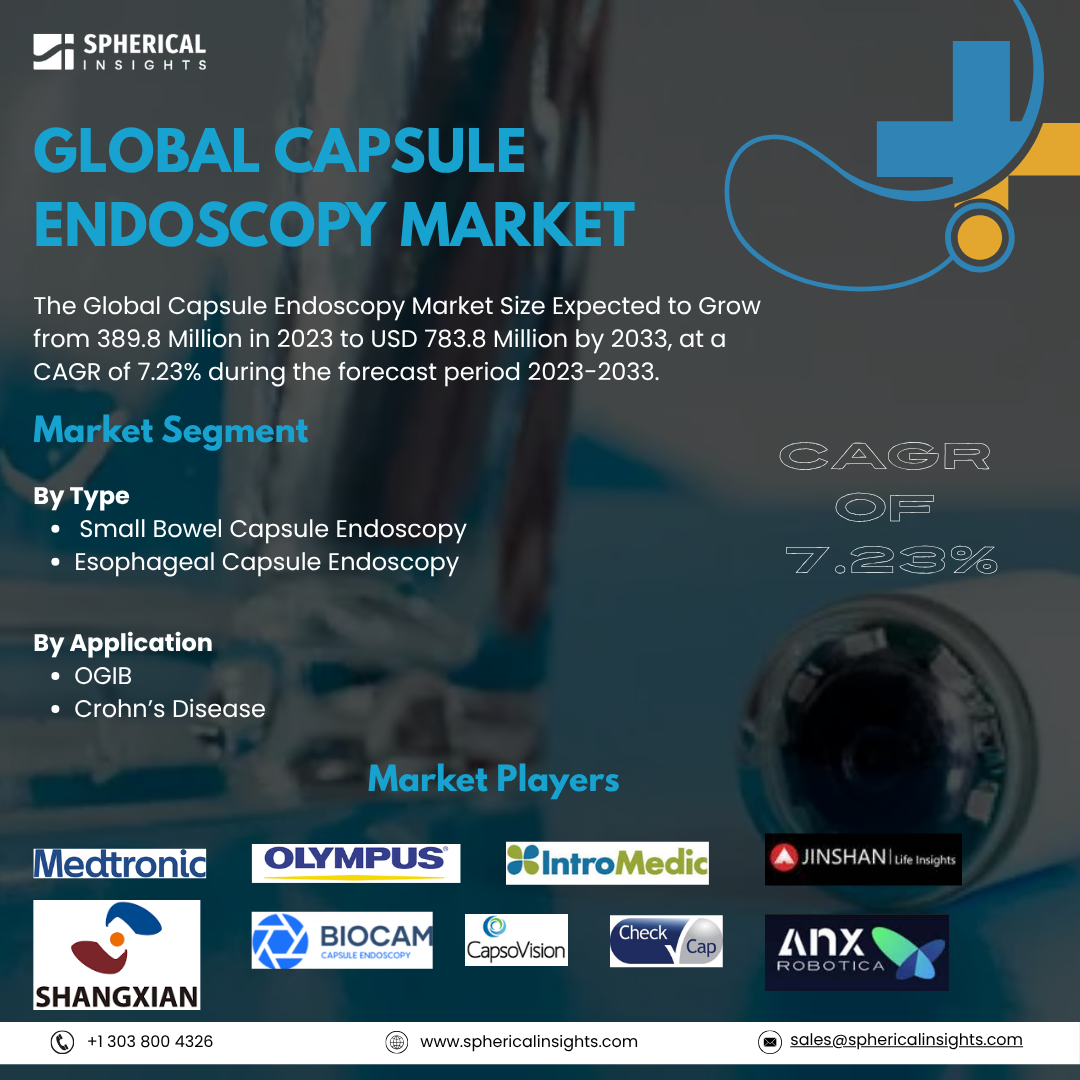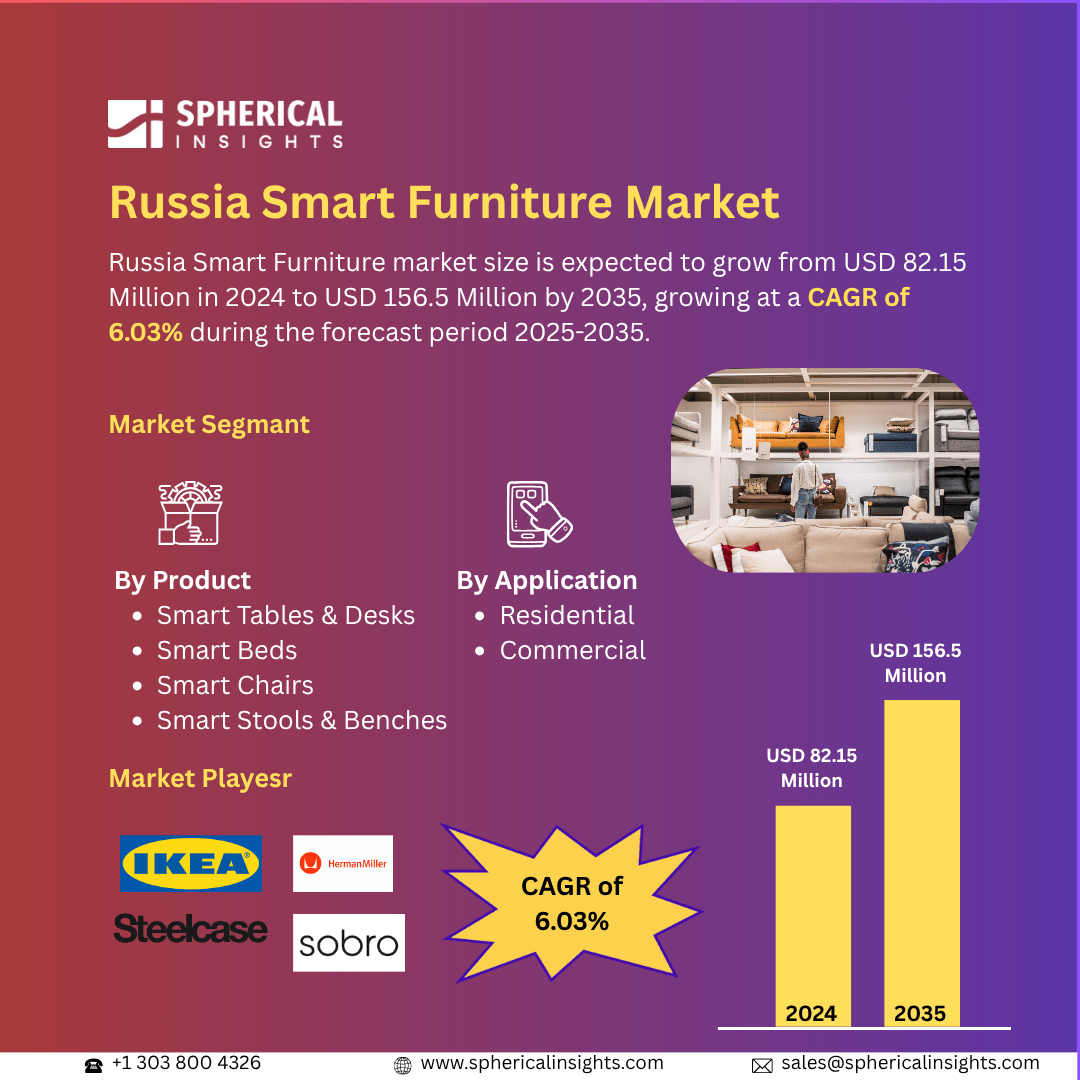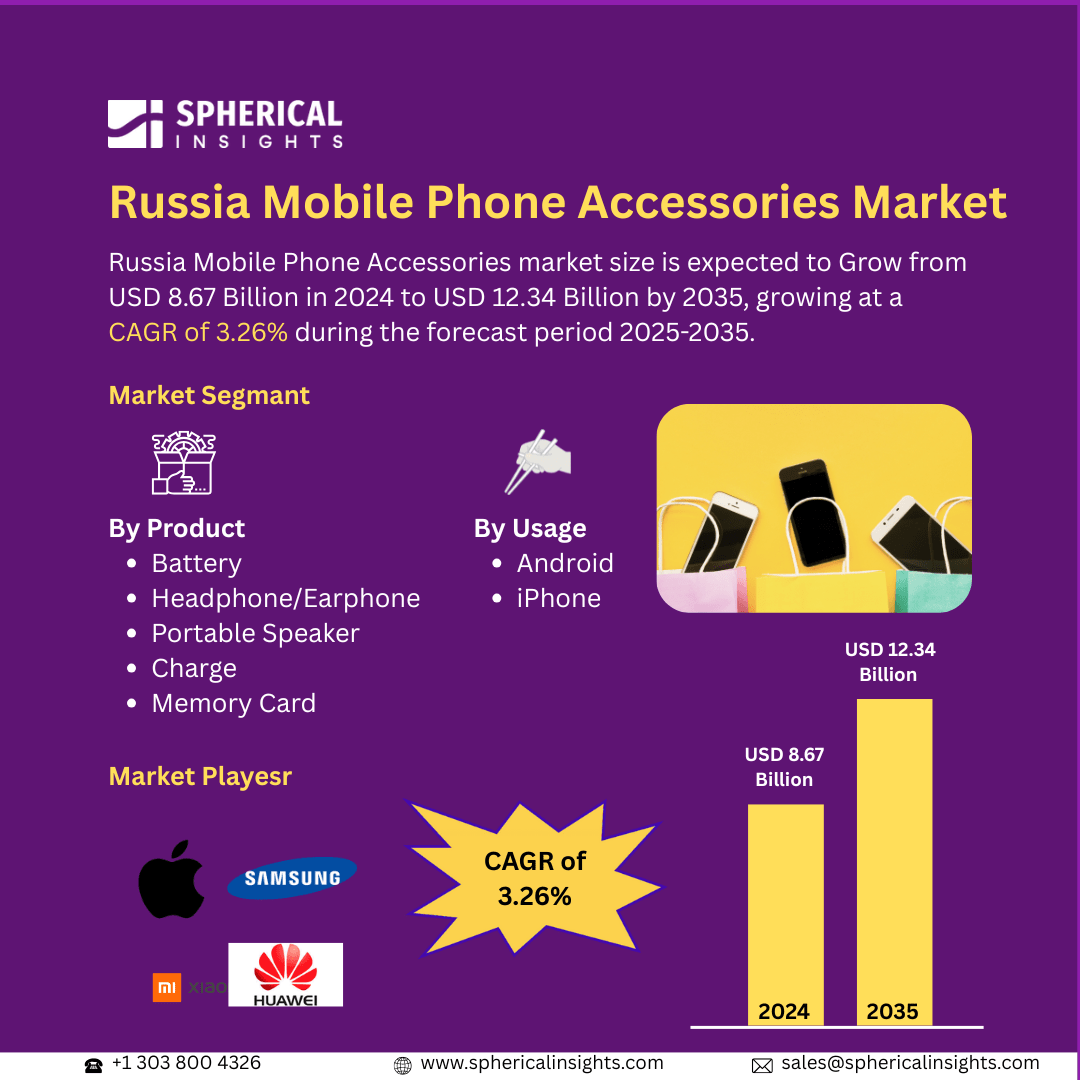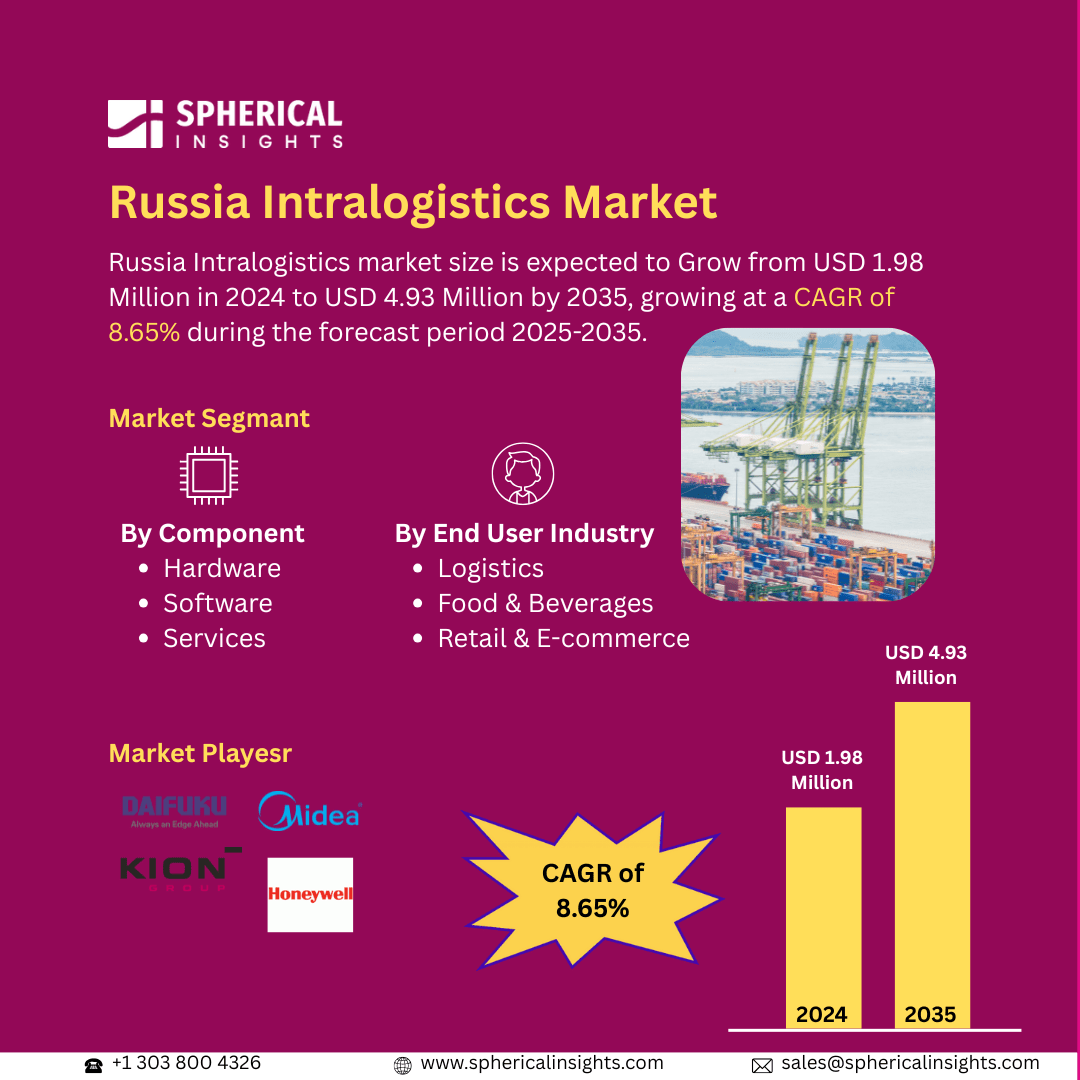Global Capsule Endoscopy Market Size To Exceed USD 783.8 Million by 2033
According to a research report published by Spherical Insights & Consulting, The Global Capsule Endoscopy Market Size Expected to Grow from 389.8 Million in 2023 to USD 783.8 Million by 2033, at a CAGR of 7.23% during the forecast period 2023-2033.
Browse 210 market data Tables and 45 Figures spread through 190 Pages and in-depth TOC on the Global Capsule Endoscopy Market Size, Share, and COVID-19 Impact Analysis, By Type (Small Bowel Capsule Endoscopy and Esophageal Capsule Endoscopy), By Application (OGIB and Crohn’s Disease), and By Region (North America, Europe, Asia Pacific, Latin America, Middle East, and Africa), Analysis and Forecast 2023 – 2033.
The capsule endoscopy market is a worldwide business that deals with the manufacturing, production, and sale of capsule endoscopic devices. Capsule endoscopy is an investigative procedure that involves the use of a tiny, swallowable, pill-sized camera to take pictures of the gastrointestinal (GI) tract, specifically the small intestine, where other endoscopic approaches have limited reach. Moreover, the capsule endoscopy market is propelled by the growing incidence of gastrointestinal diseases, rising demand for minimally invasive diagnostic procedures, and evolving AI-based imaging. Ageing populations, developing healthcare infrastructure, and increased awareness towards early disease detection also stimulate market growth. Moreover, reimbursement strategies and technological advancements drive rising adoption levels across the globe. However, the main restraints of the Capsule Endoscopy Market are exorbitant costs, short battery life, the possibility of capsule retention, absence of extensive reimbursement, and difficulty in interpreting images, hindering its larger-scale use, particularly in the developing world.
The small bowel capsule endoscopy segment accounted for the largest share of the global capsule endoscopy market in 2023 and is anticipated to grow at a significant CAGR during the forecast period.
On the basis of type, the global capsule endoscopy market is divided into small bowel capsule endoscopy and esophageal capsule endoscopy. Among these, the self-inflating segment accounted for the largest share of the global capsule endoscopy market in 2023 and is anticipated to grow at a significant CAGR during the forecast period.This is because of its prevalent application in the diagnosis of subtle gastrointestinal bleeding, Crohn's disease, and small bowel malignancies. Its supremacy is fostered by superior adoption rates, technological innovation, and the rise in small intestine disorders over esophageal capsule endoscopy.
The OGIB segment accounted for a substantial share of the global capsule endoscopy market in 2023 and is anticipated to grow at a rapid pace during the projected period.
On the basis of the application, the global capsule endoscopy market is divided into OGIB and Crohn’s disease. Among these, the OGIB (Obscure Gastrointestinal Bleeding) segment accounted for a substantial share of the global Capsule Endoscopy market in 2023 and is anticipated to grow at a rapid pace during the projected period. This is because of its prevalence, which is high, because of the challenge in diagnosing with conventional techniques, and because capsule endoscopy proves to be effective in identifying sources of bleeding in the small intestine. The rising number of anemia and GI bleeding disorders also fuels its superiority over Crohn's disease uses.
North America is projected to hold the largest share of the global capsule endoscopy market over the projected period.
North America is projected to hold the largest share of the global capsule endoscopy market over the projected period.This is spurred by innovative healthcare infrastructure, extensive utilization of new technology, increasing prevalence of gastrointestinal diseases, and positive reimbursement policies. The availability of major market players and growing demand for minimally invasive diagnostic procedures further strengthen the region's hold over others.
Asia Pacific is expected to grow at the fastest CAGR of the global capsule endoscopy market during the projected period. This is led by growing healthcare expenditures, mounting cases of gastrointestinal disorders, heightened awareness, and growing access to sophisticated diagnostic devices. Enhanced healthcare facilities, a huge patient base, and the rising use of minimally invasive surgeries further fuel market growth in China, India, and Japan.
Company Profiling
Major vendors in the global capsule endoscopy market are Medtronic, Olympus, AnX Robotics, JINSHAN Science & Technology (Group) Co., Ltd., CapsoVision, Shangxian Minimal Invasive Inc., INTROMEDIC, Check-Cap, RF Co., Ltd., BioCam., and others.
Key Target Audience
- Market Players
- Investors
- End-users
- Government Authorities
- Consulting and Research Firm
- Venture capitalists
- Value-Added Resellers (VARs)
Recent Development
- In January 2025, CapsoVision gained U.S. FDA clearance for its CapsoCam Plus, which is now cleared for use in pediatric patients two years and older. This important milestone provides a comfortable and noninvasive diagnostic option for children that minimizes the stress of conventional capsule endoscopy procedures.
Market Segment
This study forecasts revenue at global, regional, and country levels from 2023 to 2033. Spherical Insights has segmented the global capsule endoscopy market based on the below-mentioned segments:
Global Capsule Endoscopy Market, By Type
- Small Bowel Capsule Endoscopy
- Esophageal Capsule Endoscopy
Global Capsule Endoscopy Market, By Application
Global Capsule Endoscopy Market, By Regional
- North America
- Europe
- Germany
- UK
- France
- Italy
- Spain
- Russia
- Rest of Europe
- Asia Pacific
- China
- Japan
- India
- South Korea
- Australia
- Rest of Asia Pacific
- South America
- Brazil
- Argentina
- Rest of South America
- Middle East & Africa
- UAE
- Saudi Arabia
- Qatar
- South Africa
- Rest of the Middle East & Africa



